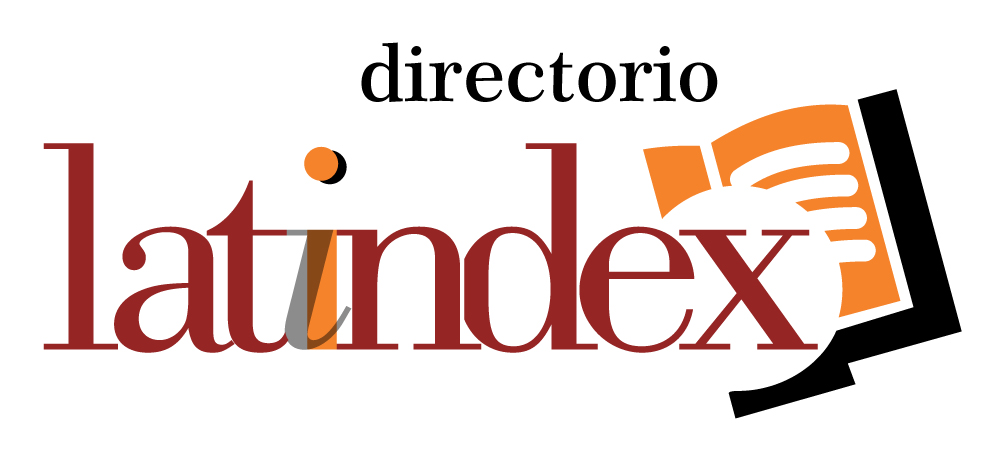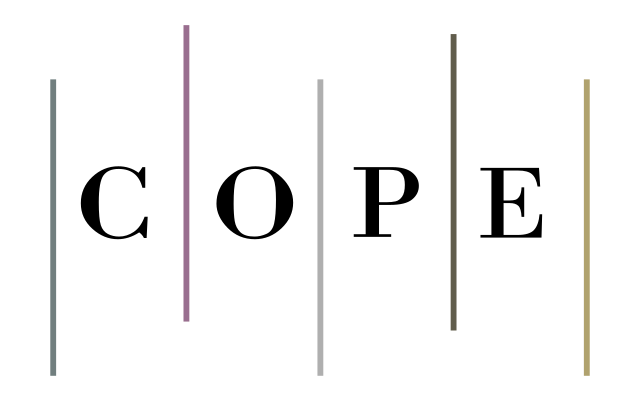Breve estudo sobre comportamento verbal e racionalidade como critérios de verificação de inteligência artificial
Schlagworte:
Agenda Racional, Comportamento Verbal, Inteligência Artificial, Teste de TuringAbstract
O presente artigo pretende investigar o critério de comportamento verbal enquanto condição necessária para a verificação de inteligência, bem como a hipótese de que se faz necessário um critério mais exigente. O principal objetivo aqui é de traçar um paralelo entre os critérios de avaliação de uma inteligência humana e os de uma Inteligência Artificial, concluindo que a inteligência de um programa não pode ser completamente averiguada, assim como a de um outro ser humano também não pode – uma vez que os fins de sua agenda racional não podem ser averiguados. Não obstante, considera-se ainda a saída de Turing, da "convenção cortês", como possível solução para o impasse.
Downloads
Literaturhinweise
ANDERSON, Michael; ANDERSON, Susan Leigh (ed.). Machine ethics. Cambridge: Cambridge University Press, 2011.
DESCARTES, René. Meditations on first philosophy. Trad. John Cottingham. Cambridge: Cambridge University Press, 1996.
GOOGLE DeepMind. AlphaGo. Disponível em: https://deepmind.google/research/breakthroughs/alphago/. Acesso em: 29 abr. 2016.
GRAFF, Bernd. Rassistischer Chat-Roboter: mit falschen Werten bombardiert. Süddeutsche Zeitung, 2016. Disponível em: https://www.sueddeutsche.de/wirtschaft/microsoft-programm-tay-rassistischer-chat-roboter-mit-falschen-werten-bombardiert-1.2928421. Acesso em: 29 abr. 2016.
HARNAD, Stevan. Other bodies, other minds: a machine incarnation of an old philosophical problem. Minds and machines, v. 1, n. 1, p. 43-54, 1991. https://doi.org/10.1007/bf00360578.
HUSSERL, Edmund. Cartesianische Meditationen. Ed. Elisabeth Ströker. 3ª ed. Hamburgo: Meiner, 1995.
KANT, Immanuel. Werke in zwölf Bänden. Ed. Wilhelm Weischedel. Frankfurt: Suhrkamp, 1991.
LOEBNER Prize in Artificial Intelligence. Loebner. Disponível em: https://loebner.net/. Acesso em: 29 abr. 2016.
MERLEAU-PONTY, Maurice. Phenomenology of perception. Trad. Colin Smith. Londres: Routledge, 1962.
NEWEN, Albert. Philosophie des Geistes. Eine Einführung. Munique: C. H. Beck, 2013.
NORVIG, Peter; RUSSELL, Stuart. Inteligência artificial - uma abordagem moderna. Trad. Regina Célia Simille de Macedo. Rio de Janeiro: Elsevier, 2013.
RADDON-MITCHELL, David; JACKSON, Frank. The philosophy of mind and cognition. Oxford: Blackwell, 1996.
RAWLS, John. Political liberalism. Nova Iorque: Columbia University Press, 1993.
SCHWEIZER, Paul. The truly total Turing test. In Minds and machines, v. 8, n. 2, p. 263-72, 1998. https://doi.org/10.1023/A:1008229619541.
SEARLE, John. Minds, brains, and programs. In: Behavioral and brain sciences, v. 3, n. 3, p. 417-57, 1980. https://doi.org/10.1017/s0140525x00005756.
TEIXEIRA, João de Fernandes. A mente pós-evolutiva: a filosofia da mente no universo de silício. Petrópolis: Vozes, 2010.
TEIXEIRA, João de Fernandes. Como ler a filosofia da mente. São Paulo: Paulus, 2012.
TURING, Alan. Computing machinery and intelligence. Mind, v. 59, n. 236, p. 433-60, 1950. https://doi.org/10.1093/mind/lix.236.433.
Downloads
Veröffentlicht
Zitationsvorschlag
Ausgabe
Rubrik
Lizenz
Copyright (c) 2016 Emanuel Lanzini Stobbe

Dieses Werk steht unter der Lizenz Creative Commons Namensnennung - Nicht-kommerziell - Keine Bearbeitungen 4.0 International.









